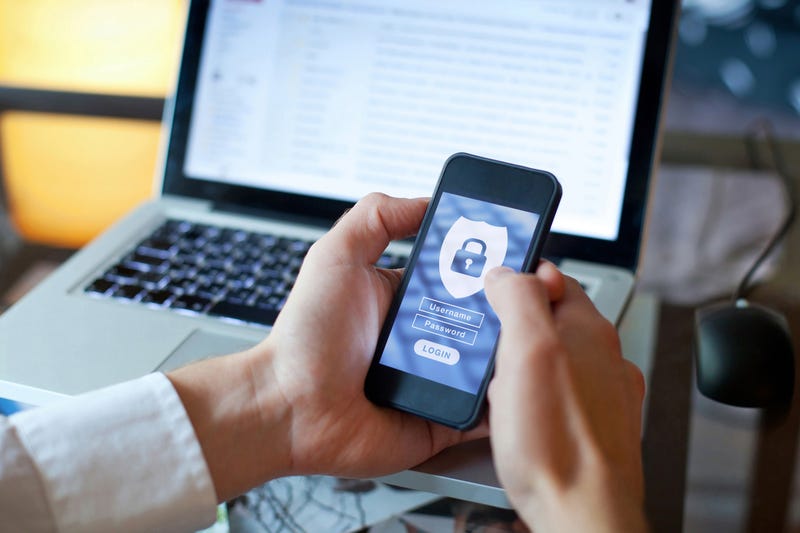
The FBI and cyber security firms are warning the holiday season represents the time of year people are most vulnerable to cyber-attacks. They say more people are shopping online while more companies' IT departments are on vacation.
The FBI Internet Claim Complaint Center received more than 17,000 complaints about items not being delivered last holiday season, resulting in $53 million in losses.
"It is anticipated this number could increase during the 2021 holiday season due to rumors of merchandise shortages and the ongoing pandemic," the FBI wrote in a statement.
"Essentially what happens this time of year is people get very lax, and they get more and more vulnerable," says Michael Moore, founder and chief executive of the cyber security firm, M3 Networks, in Southlake. "What I mean by that is just like people say, 'It's Christmas. I don't need to work out.' They kind of lose the same discipline with respect to cyber security. The criminals never take a day off. In fact, they work more on the holidays."
Moore says there was a 500% increase in the number of cyber attacks over July 4th this year.
He says hackers target holidays because companies' IT professionals are more likely to take time off and at Christmas time, people are doing more business online.
"You've got a lot more transactions happening, so if you have some money missing, you might not notice," Moore says. "Cyber criminals know you're not paying good attention, so they're going to get you while your eye is off the ball."
Moore says more people are also linking credit cards to accounts they have at stores or linking stores' gift cards to their credit card accounts.
"I had a friend who hit me up the other day and said somebody was using their Panera account in New York," Moore says. "He lives right here in Southlake, Texas. He certainly wasn't buying any Panera Bread in New York that day. Any of these abundance of gift cards that are given out to folks, then you have an opportunity to sign up for an account. Now, you've got 100 new accounts you've got to manage, and you're spending time focusing on the things you should: your family."
Moore urges people not to click on links that appear on social media or from emails. Instead, he says people should go directly o a store's website.
The FBI says not every hacking attempt can be prevented, so businesses and organizations should prepare for the possibility they will be targeted. The FBI urges organizations to develop a plan to detect issues quickly and report breaches to authorities.
TIPS TO PROTECT YOURSELF
- Verify websites prior to making a purchase. Only purchase items from official, encryption-using websites. Web addresses should begin with https:// and include a locked padlock icon.
- Be wary of online retailers who use a free email service instead of a company email address.
- Do not judge a company by their website; flashy websites can be set up and taken down quickly.
- Pay for items using a credit card dedicated for online purchases, checking the card statement frequently, and never saving payment information in online accounts.
- Be wary of sellers who accept only wire transfers, virtual currency, gift cards, or cash, as these are almost impossible to recover.
- Never make purchases using public Wi-Fi. Verify the legitimacy of a seller before you purchase, take steps such as looking at consumer reviews and checking with the Better Business Bureau.
- Beware of sellers posting under one name but requesting funds to be sent to another individual, or any seller claiming to be inside the country but requesting funds to be sent to another country.
- Only purchase gift cards directly from a trusted merchant.
- Do not click on links or provide personal or financial information to an unsolicited email.
- Make sure anti-virus/malware software is up to date and block pop-up windows.
- Use safe passwords or pass phrases.
- Never use the same password on multiple accounts.
- As always - if the deal sounds too good to be true, chances are it is a scam.
IF YOU ARE A VICTIM If you are a victim of an internet scam, the FBI recommends taking the following actions:
- Report to the FBI IC3 here as quickly as possible.
- Report the activity to the online payment service used for the financial transaction.
- Contact your financial institution immediately to stop or reverse the transactions. Ask your financial institution to contact the corresponding financial institution where the fraudulent or suspicious transfer was sent.
LISTEN on the Audacy App
Sign Up and Follow NewsRadio 1080 KRLD

